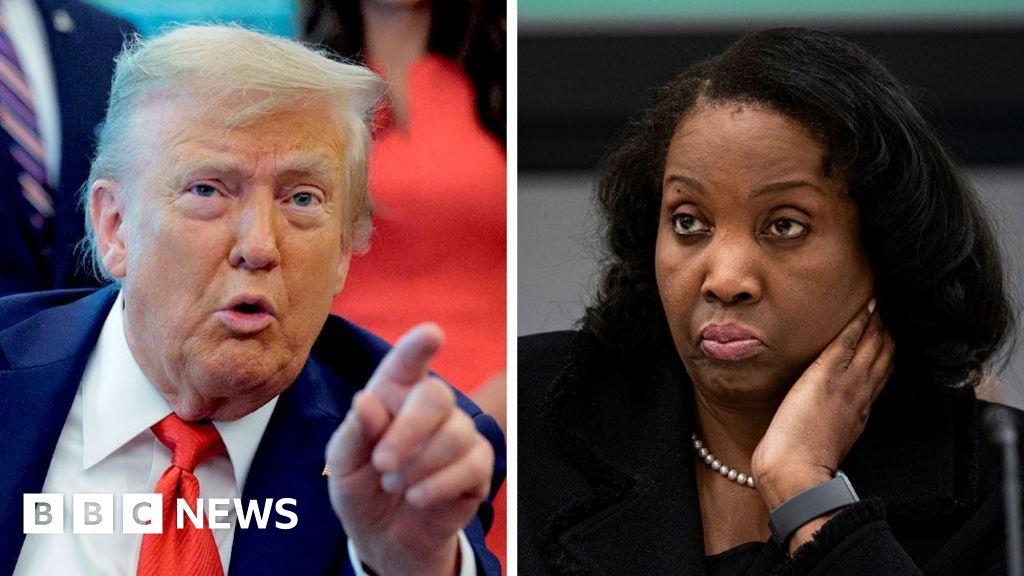Syria's interim government, led by Islamist forces, has initiated a decree mandating that women must wear burkinis or other modest attire while visiting public beaches and swimming pools. This ruling, set forth by the tourism ministry, is framed as a measure to uphold public safety and moral standards, according to Syrian state media.
The directive stipulates that private beaches, clubs, and hotels with more than four stars are exempt from these requirements. Although many women in Syria already choose modest swimwear, the new regulations emphasize the need for coverage, particularly stressing that women should wear loose clothing and cover-ups while transitioning between swimming areas.
Men are similarly bound by the new regulations, which require them to wear shirts outside swimming areas, with a prohibition on being bare-chested. The policy allows "normal Western swimwear" only in exempt locations, but specifies that it must align with public taste.
The decree's enforcement mechanisms remain unclear, as it does not specify penalties for non-compliance. However, it indicates that lifeguards and beach supervisors will oversee adherence to the new rules.
Public response to the mandate has been divided. An Idlib resident acknowledged that while the decree aims to respect local morals, it could infringe on personal freedoms. Conversely, a woman from Damascus expressed discomfort with the government's encroachment on personal choices, highlighting the diversity formerly present at beaches.
The new government's legitimacy is built upon their pledge to govern inclusively following the ousting of Bashar al-Assad's regime. Interim President Ahmed al-Sharaa has previously committed to supporting women's rights and denying intentions to replicate the repressive structures seen in Afghanistan.
This latest development coincides with Syria’s transitional constitutional declaration, which asserts Islam as the religion of the president and declares Islamic law a primary source of legislation, while promising women's rights and media freedom.
















